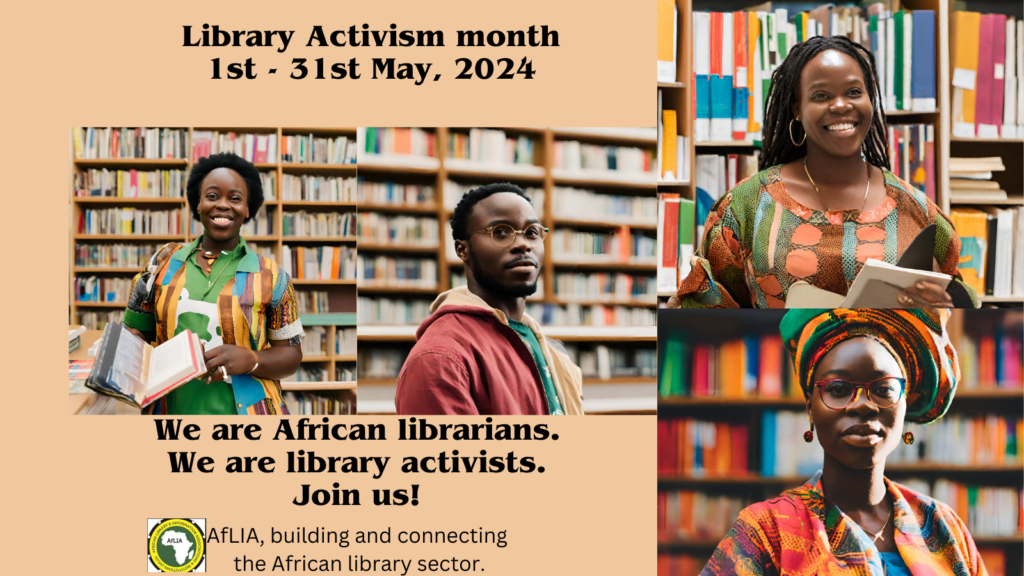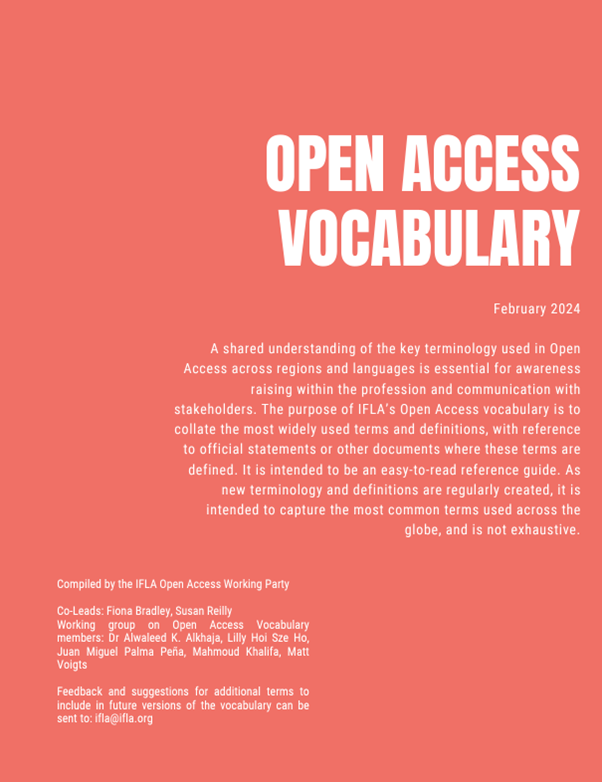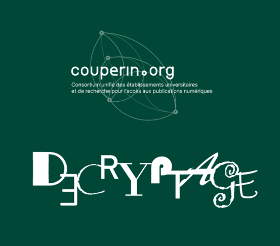2024 African Library Activism month

Access to information is vital for sustainable development and equity, but obstacles like internet shutdowns, misinformation, and expensive paywalls hinder this. Libraries historically provide access to knowledge, empowering individuals and communities. In the digital age, librarians can combat misinformation through information literacy and promote open licenses for community storytelling. African librarians are urged to embrace library activism to ensure libraries remain relevant and powerful agents of change. Training programs by AfLIA aim to equip librarians with the skills to advocate for libraries as vital institutions in Africa.




